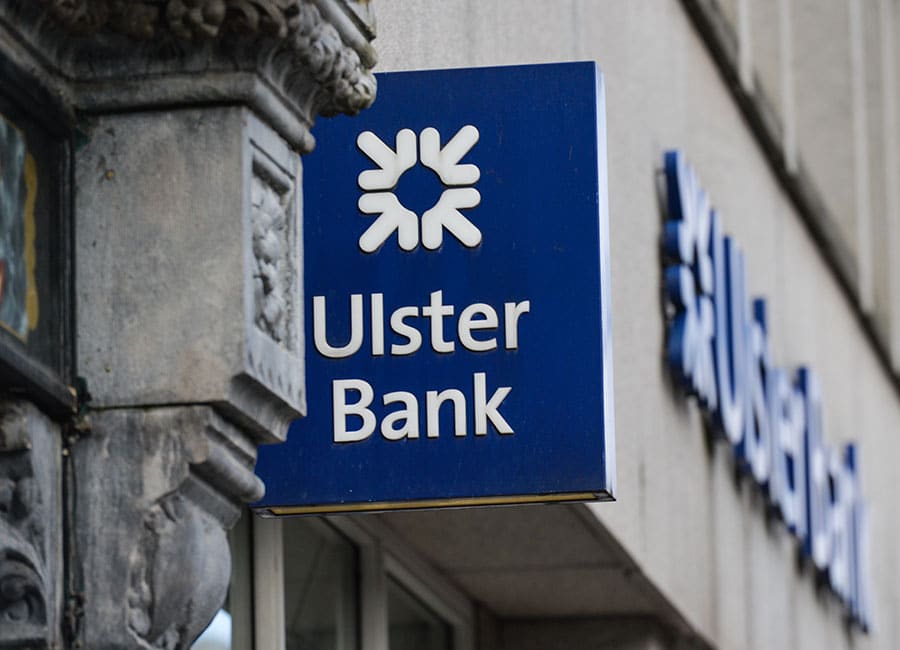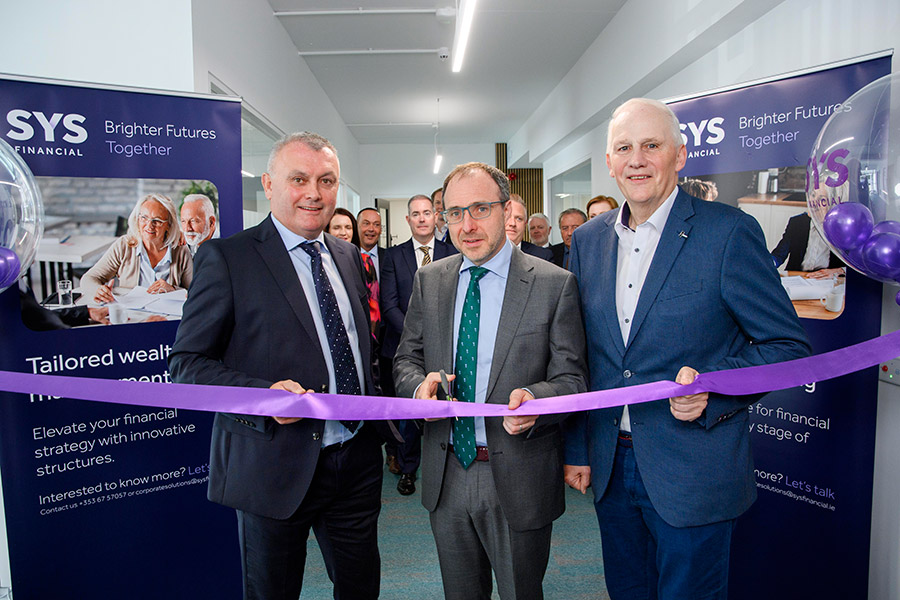Few practitioners know more about restructuring and insolvency than Jim Stafford, who established Friel Stafford in 1994.
The firm has been appointed as liquidator, receiver or examiner to over 2,000 companies, and Friel Stafford now has four restructuring teams headed up by Jim Stafford, Tom Murray, Andrew Hendrick and Anthony Glennon.
In Stafford's view, the biggest decision facing some business people at the moment is whether they should "hold or fold" their businesses in the face of the financial difficulties. Whilst the wide range of government supports kept many businesses alive through the pandemic, their withdrawal will cause some businesses to collapse, says Stafford.
He adds: "One issue that is building up is the 'domino effect' of multiple customers going into liquidation. Many suppliers have extended generous long-term credit terms to customers in the hope that they will survive. Unfortunately, some customers will end up going to liquidation, which could have a domino effect on suppliers at the top of the supply chain.
"It is very important that a business doesn't continue to trade when it is losing money and likely to continue to do so in the future. We have seen too many cases of directors losing family homes and their pension funds as a result of putting good money in after bad.
"We are seeing an increased volume of Members Voluntary Liquidations (i.e. solvent liquidations) as more business people decide to cash in their chips before they lose them in the brew of economic uncertainty. We are also receiving more enquiries on multi-jurisdictional cases."
Stafford's opinion is that the business issues caused by Brexit, Covid and Ukraine have been compounded by the decision of Ulster Bank and KBC to exit the Irish market.
"The government should provide sufficient capital to PTSB to create a third banking force, otherwise we will be left with a duopoly, which will be bad for business," Stafford recommends. "Another big issue is the rapid transformation to a digital economy, and unless companies innovate and keep up with the digital transformation they will be left behind."

In anticipation of SCARP, the new small company rescue scheme, Friel Stafford established the website scarp.ie last year. The firm expected to have completed some small firm rescue plans using the scheme by now, but to date there hasn't been a single assignment.
Friel Stafford's explanation is that companies that have availed of Revenue debt warehousing see no urgency in re-structuring their balance sheet.
"A very attractive feature of the Revenue warehousing is that interest will be charged at 3%, which is less expensive than bank loans," Stafford notes. "Another factor is that the uncertainties caused by the Ukrainian crisis has made it more problematical for Process Advisors to assess if projections are reliable enough to justify a SCARP.
"However, the threat of using the scheme has enabled us to negotiate informal SCARPS with landlords and trade creditors to enable clients to continue trading. Some landlords are beginning to accept rent based on a percentage of turnover."
On the issue of warehoused tax debt, Stafford observes that Revenue has indicated that it will negotiate instalment arrangements if the companies can demonstrate repayment capacity.
"The challenge for many companies is that they typically generate only enough profit to pay a living wage to its directors,î"Stafford adds. "These types of companies survived Covid by not paying their taxes. However, going forward some may not have the capacity to pay both a living wage to the directors and pay off legacy debt.
"Some of these companies may benefit from SCARP. Some of the proprietary directors of companies will find that there is a sting in the tail from the warehoused debt as Revenue will pursue them personally for any PAYE deducted from their salaries and that was not paid over."









